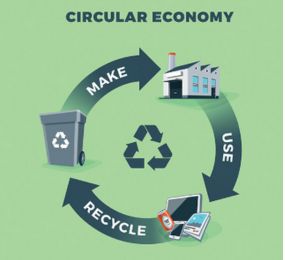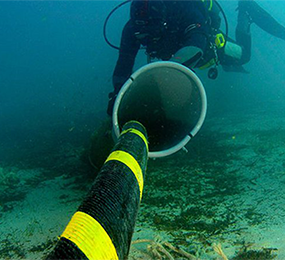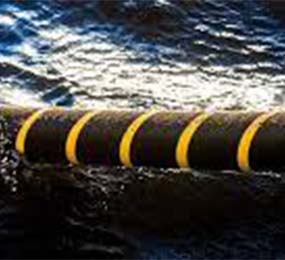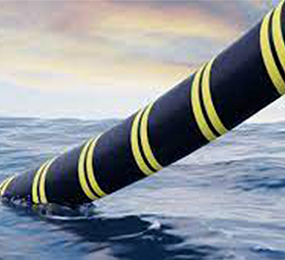World Sustainable Marine Fuels: Charting a Cleaner Course for Global Shipping
The shipping industry moves 90% of the world’s trade but it’s also responsible for nearly 3% of global carbon emissions. As the pressure to decarbonize intensifies, one question looms large over the maritime sector: how do we fuel the future without harming the planet?
That’s where sustainable marine fuels enter the conversation. These alternatives to traditional heavy fuel oils are designed to significantly reduce emissions while keeping global commerce afloat. And while the path forward isn’t simple, it’s becoming increasingly clear that the transition is both necessary and underway.
Sustainable marine fuels come in various forms. Biofuels, made from organic waste and renewable sources, can be used with minimal modifications to existing engines. Green methanol, produced using renewable electricity and captured carbon—offers a cleaner-burning alternative already gaining traction among forward-looking shipping lines. Hydrogen and ammonia, while more complex to implement, represent zero-emission options with long-term potential.
For shipowners, choosing a fuel isn’t just about emissions. It’s about fuel availability, vessel compatibility, regulatory alignment, and cost. Ports must adapt too, building new infrastructure to support storage and bunkering for these fuels. It’s a system-wide transformation that will take collaboration across the entire supply chain.
Global regulations are accelerating the shift. The International Maritime Organization (IMO) has set increasingly ambitious climate targets, and many regional authorities are introducing their own fuel standards and carbon pricing mechanisms. Market forces are responding: major freight customers now factor sustainability into procurement decisions, and banks are linking financing terms to emissions performance.
Still, challenges remain. Supply of sustainable fuels is limited, pricing is volatile, and technological readiness varies. Yet, despite the hurdles, the direction is clear. More companies are ordering dual-fuel ships, investing in clean fuel R&D, and joining coalitions focused on maritime decarbonization.
Conclusion
The maritime industry stands at a turning point. Sustainable marine fuels offer not just a way to cut emissions, but a path to reshape global shipping with resilience,
innovation, and environmental responsibility at its core. The transition will take time, but it’s already underway—and it’s essential for a future where trade thrives in harmony with the planet.
Learn more on our website: https://www.leadventgrp.com/events/world-sustainable-marine-fuels-forum/details
For more information and group participation, contact us: [email protected] .
Leadvent Group - Industry Leading Events for Business Leaders!
www.leadventgrp.com | [email protected]
















